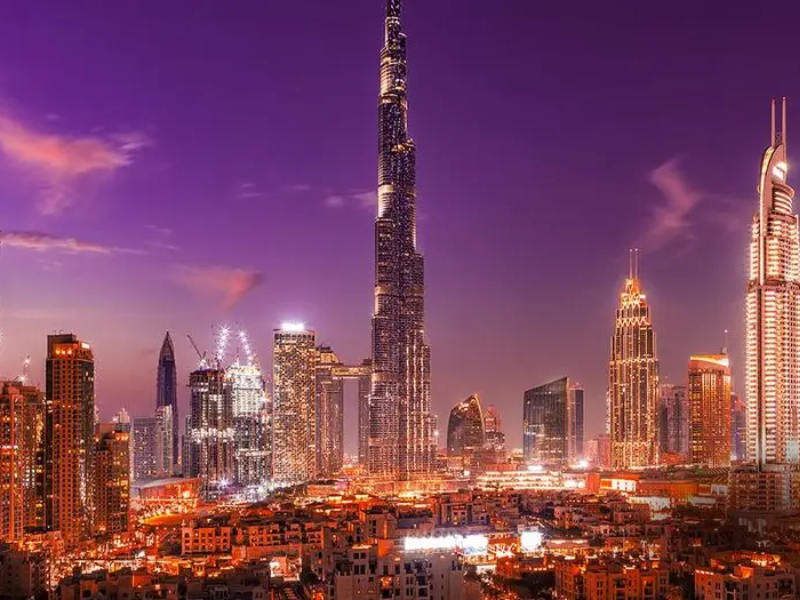The UAE, represented by the Ministry of Energy and Infrastructure (MoEI), participated in the G20 Ministerial Session held in the Republic of Brazil.
The session aimed to drive collaboration among G20 member countries and highlight opportunities and challenges in the energy sector and climate action.
At the meeting, Sharif Al Olama, Undersecretary for Energy and Petroleum Affairs at MoEI, reaffirmed the UAE’s commitment to a just, orderly, and equitable energy transition, as agreed in the UAE Consensus.
On the sidelines of the G20 meeting, he participated in a number of high-level sessions. He took part in the Clean Energy Ministerial (CEM) and Mission Innovation (MI) Dialogue, where he highlighted the role of innovation and collaboration in redefining the energy landscape to meet climate objectives.
Moreover, Al Olama participated in the Unlocking Future Fuels Ministerial Session, where he highlighted the objectives of the UAE Energy Strategy 2050 and the UAE’s steadfast commitment to the energy transition.
The Undersecretary for Energy and Petroleum Affairs co-led the third ministerial meeting of the Hydrogen International Trade Forum (IHTF). The meeting drew the attendance of representatives of IHTF supporting countries that seek to expand their hydrogen trade. They discussed ways to develop cross-border trade of hydrogen and its derivatives and potential markets.
In addition, he took part in the session on ‘Moving the Fuels of the Future, Production and Transportation Aligned?’, where he outlined UAE’s measures to enable a landscape supporting the production of hydrogen-based fuels and sustainable biofuels, particularly for the maritime and aviation sectors.
Moreover, Al Olama participated in a session titled ‘Keep Cool: Deploying Highly Efficient, Innovative Cooling Technologies’ that highlighted the challenges of energy consumption and climate impacts of the cooling sector.
Speaking of his participation, he said, “Such meetings offer valuable opportunities for aligning visions, sharing experiences and know-hows, and expanding partnerships with like-minded countries. The UAE is an active player in the global energy market, with a focus on enhancing its role as a supplier of renewable energy, particularly low-emission hydrogen.”
He added, “We are confident that the collaboration between the UAE and other G20 members will help achieve the Sustainable Development Goals (SDGs), drive collective climate action, and accelerate the energy transition.”
He noted that the UAE has made great strides in shifting to clean energy. It has developed the UAE Energy Strategy 2050, which commits the country to triple its renewables capacity by 2030. It invested AED160 billion in clean energy and plans to invest an additional AED500 billion in the energy sector in the next three decades to achieve net zero by 2050.
He further pointed out that the UAE’s current renewables capacity stands at 6 GW and nuclear energy capacity at 5.6 GW. By 2030, the UAE’s clean energy capacity will amount to 19.8 GW.
WAM






